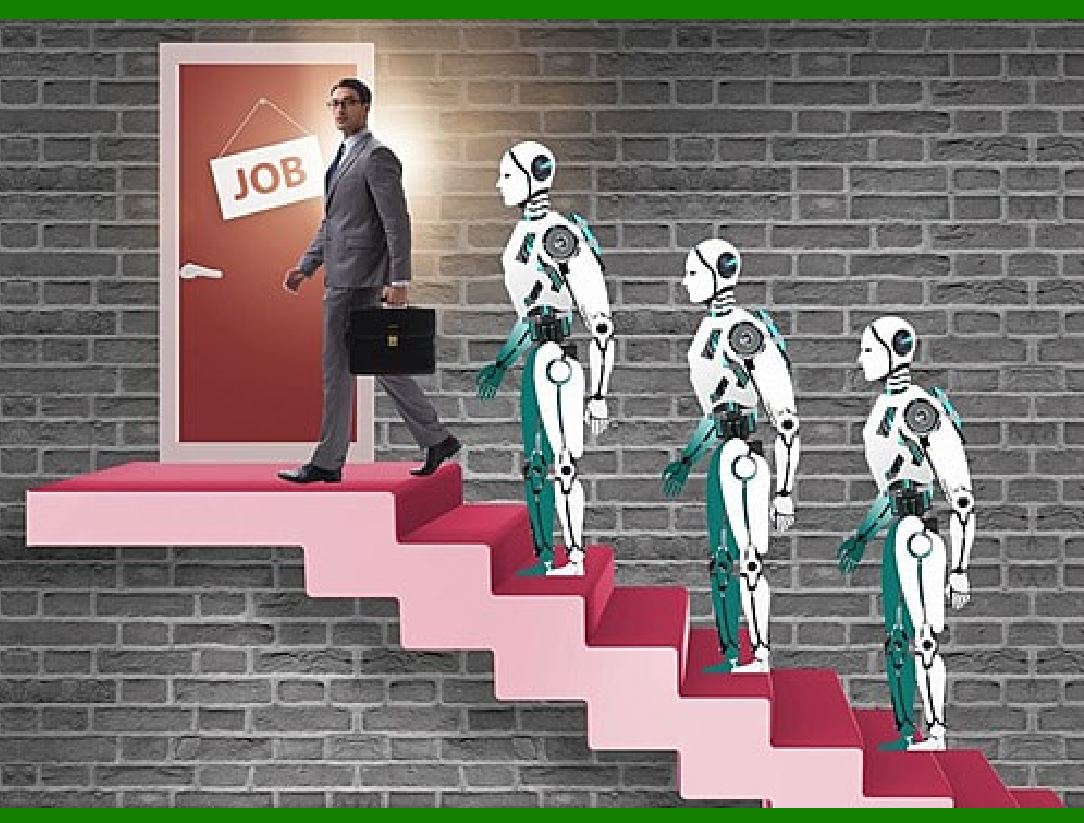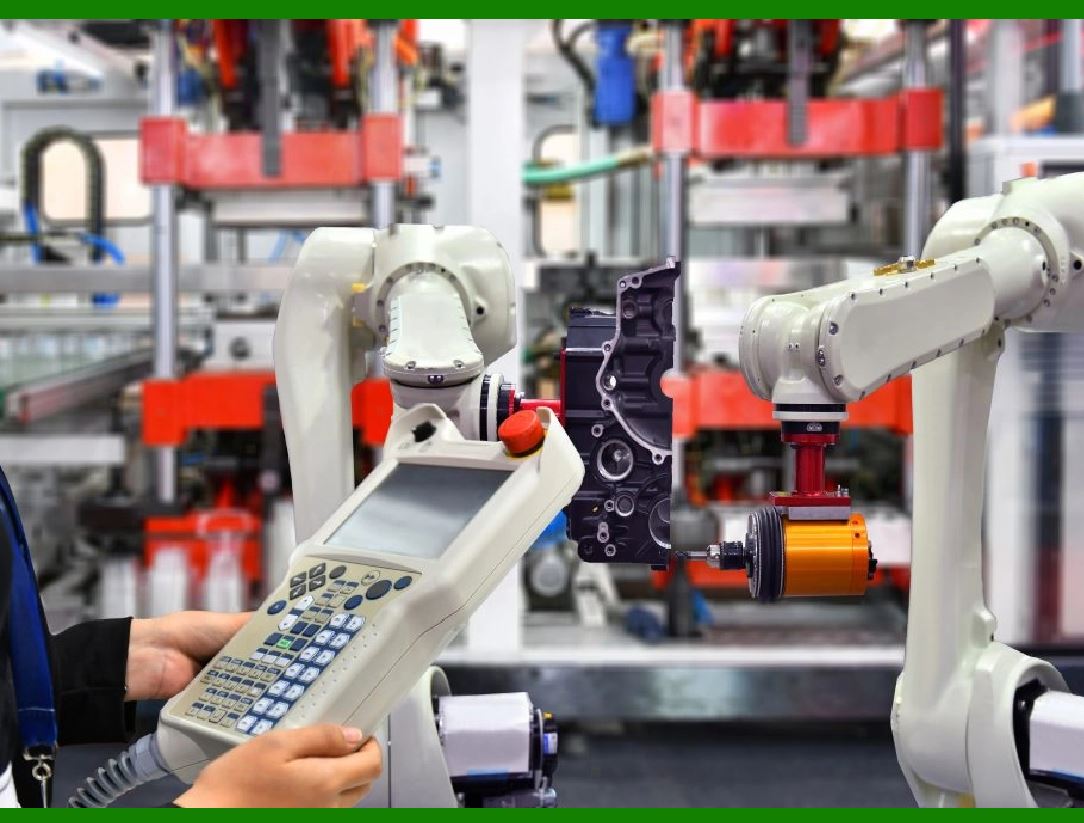One of the main challenges posed by artificial intelligence is the potential impact it may have on the job market and employment opportunities. While AI has the potential to automate many manual and repetitive tasks, it also has the potential to disrupt traditional jobs and careers. On the one hand, artificial intelligence is transforming the workforce and automating certain tasks. This could lead to job losses and stagnant wages for some workers. |
AI is usually used to automate repetitive and tedious tasks, such as factory manufacturing, logistics and transportation, banking and finance, etc. These tasks are usually highly repetitive and labor-intensive tasks. AI can replace humans in these tasks. On the other hand, the development and application of AI will also create new job opportunities, such as AI algorithm engineers, AI data analysts, AI application researchers, etc. These positions require employees to have highly specialized skills and knowledge, which also provides people with more development and employment opportunities. |
Therefore, the development and application of AI will have a complex impact on the job market, but it does not mean that many people will lose their jobs. The key is that people need to continuously learn and improve their skills to adapt to the changing job market and technological developments. |
Here are a few suggested skills in the AI era: Data analysis and machine learning; software development and programming; Creative thinking and problem-solving skills; Communication and collaboration skills; Other professional knowledge and skills. |



